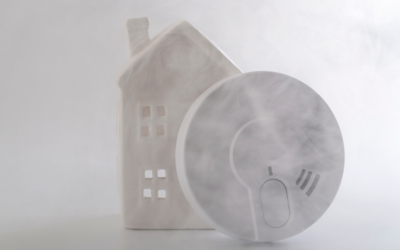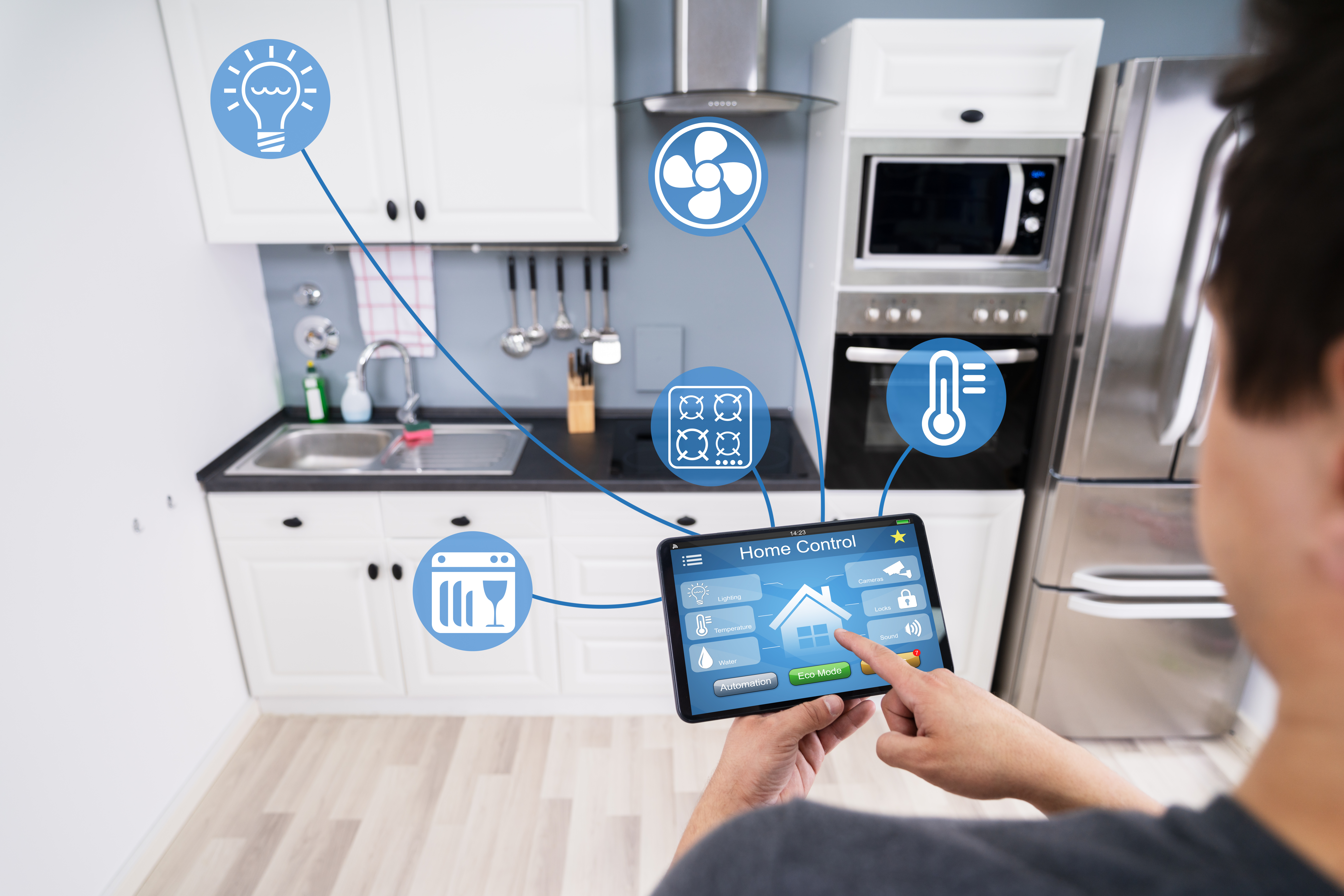Every year on April 22nd, individuals and organizations around the world celebrate Earth Day, an annual event dedicated to environmental protection. This day is a poignant reminder of the critical role each of us plays in maintaining the health of our planet through sustainable practices. One significant area where individuals and businesses alike can make a substantial impact is through the energy consumption of heating, ventilation, and air conditioning (HVAC) systems. These systems are essential for comfort in homes and workplaces but can also consume a substantial amount of energy, contributing to our overall carbon footprint.
In this blog, we will explore innovative and efficient HVAC solutions that not only reduce energy consumption but also help us all take a step towards a more sustainable future. We’ll dive into the advantages of smart thermostats which optimize heating and cooling automatically, the benefits of solar HVAC systems that harness renewable energy, and the critical importance of regular maintenance to ensure that systems are operating at peak efficiency. Each of these topics represents a key strategy in the pursuit of reducing energy usage and promoting environmental stewardship right from our homes and offices.
The Role of HVAC Systems in Energy Consumption
HVAC systems are among the largest energy consumers in both residential and commercial settings. Traditional systems operate on principles set decades ago, focusing more on comfort than energy efficiency. The environmental impact is significant: HVAC systems contribute to high energy use and, consequently, higher emissions of greenhouse gases.
Adopting more efficient HVAC technologies presents an opportunity to reduce this impact significantly. Modern systems are designed with both comfort and energy conservation in mind. By integrating advanced technologies, these systems use less energy to achieve the same or even improved levels of comfort compared to older, less efficient models. The benefits of these advancements extend beyond just reduced energy consumption; they also include lower utility bills for homeowners and businesses, reduced strain on the power grid, and a considerable decrease in environmental impact. As we explore these technologies further, we will see how substantial these savings and benefits can be, reinforcing the importance of making thoughtful choices about our HVAC systems.
Smart Thermostats: A Game Changer in Energy Efficiency
Smart thermostats are at the forefront of HVAC technology, designed to provide unparalleled control over your home’s temperature and energy use. Unlike traditional thermostats, which maintain a constant temperature, smart thermostats learn from your behaviors, adjust to seasonal changes, and even sense when you are away from home to reduce heating and cooling in unoccupied spaces. These devices connect to the internet, allowing users to control their home environment remotely via smartphones, tablets, or computers.
The benefits of using smart thermostats are substantial. Firstly, they reduce energy usage by making automatic adjustments based on real-time data and predictive learning algorithms. This capability not only minimizes waste but also translates into direct cost savings on utility bills. Over time, the investment in a smart thermostat can pay for itself through these savings. Additionally, many models provide detailed energy usage reports, helping homeowners understand their energy consumption patterns and identify further opportunities for savings.
Popular smart thermostats on the market today include the Google Nest Learning Thermostat, which optimizes itself based on your habits and the seasonal variations; the Ecobee SmartThermostat, which uses room sensors to manage hot and cold spots; and the Honeywell Home T9, known for its precision and reliability.
The Importance of Regular HVAC Maintenance
Regular maintenance is crucial for the longevity and efficiency of HVAC systems. Well-maintained systems operate more efficiently, use less energy, and are less likely to break down, which can lead to expensive repairs. Homeowners should perform several key maintenance actions routinely:
- Changing Filters: Dirty filters restrict air flow, reducing efficiency and straining the system’s components. Filters should be checked monthly and changed at least every three months.
- Cleaning Ducts: Clean ducts ensure better air circulation and prevent dust and debris from circulating through your home.
- Checking for Leaks: Duct leaks can significantly reduce system efficiency. Sealing leaks in ductwork can improve performance and reduce energy consumption.
Scheduling professional maintenance annually can help detect issues before they become severe, ensuring your system runs smoothly and extends its lifespan.
Implementing Sustainable Practices Beyond HVAC
Improving energy efficiency in a home extends beyond the HVAC system. Homeowners can adopt various additional practices to enhance their home’s overall energy efficiency:
- Improving Insulation: Proper insulation helps maintain indoor temperatures, reducing the burden on HVAC systems.
- Using Energy-Efficient Lighting: Switching to LED lighting can reduce energy consumption significantly as LEDs use up to 75% less energy and last 25 times longer than incandescent bulbs.
These measures contribute to a holistic approach to sustainability and energy efficiency within the home.
Conclusion
This Earth Day, let’s commit to sustainable living by optimizing our HVAC systems and adopting energy-efficient practices throughout our homes. By upgrading to smarter, more efficient HVAC technologies and ensuring regular maintenance, homeowners can enjoy improved performance and significant energy savings. We encourage you to contact us for more information on sustainable solutions or to schedule a maintenance check. Together, we can take meaningful steps towards reducing our environmental impact and promoting a healthier planet.





